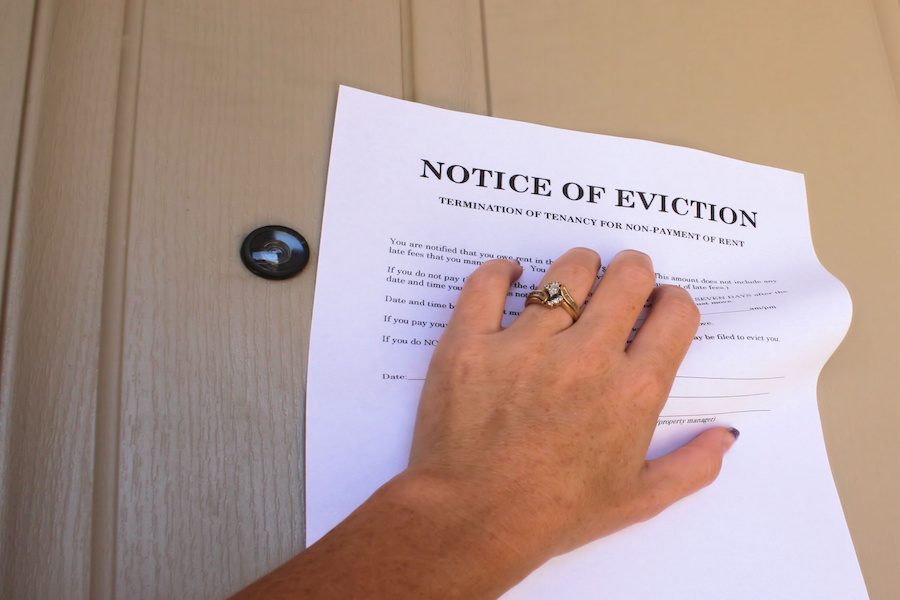Majority of expats in Dubai are renters, that’s why renting an apartment or a villa is a go-to accommodation in the city. Being a renter in Dubai seems to be a tough deal, issues like high rent, tiny apartment, maintenance problems, and eviction are some of the common topics renters are facing right now. The city has taken serious action to provide strict regulations addressing tenant’s rights and concerns. However, you’d be wrong if you think that it’s all in favour of the landlord.
Both parties, the renter, and landlord should agree to abide by the Real Estate Regulatory Agency (RERA) Dubai Rental Law. The decree aims to regulate the relationship between landlords and tenants in the Emirate of Dubai. Also, your tenancy contract will serve as one of the most important documents containing all necessary information regarding your rented property in Dubai.
It is important to be aware of rental laws and
- Every tenant in Dubai should live in a home that is in good condition. It is the responsibility of the landlord of the property for rent to hand over a home that is comfortably liveable, which will be bounded by the law and stipulated in the contract.
- As per the law and during the term of the contract, the landlord should take full responsibility of the property’s maintenance including works and repairs of any defect and damage that may compromise the tenant’s living condition.
- The landlord should not conduct any changes to the property or of its facilities that would hinder the renter from full use of the property. However, renovation can be done at the discretion of the tenant especially if it’s for the improvement of the rented property.
- If tenants wish to execute decoration works or any other works, the landlord must provide the renter with the approvals required to be submitted to the designated office in Dubai. However, such addition should not affect the structure of the property provided that the renter has necessary documents for requesting such consent.
- The landlord may require the tenant for a security deposit, provided that the landlord should refund such deposit upon the expiry of the tenancy contract. If the landlord refuses to give the deposit, a renter can complain to the rent dispute committee for the final decision.
- In case of eviction, the tenant must notify of the eviction reasons twelve (12) months prior to the date set for eviction. In the event landlord prohibit tenants from the use of the property without legal notice, a renter should go to the nearest police station and also file a case to the rent dispute committee provided with supporting documents, for remuneration of any damages.
- For renewing the tenancy contract, the landlord may amend the rental price whether increasing or decreasing it. Rent can be increased but it has to be as per the RERA rental brackets depending on which area and type of a rented property. You can also check our Dubai Rental Index, to know more about rental prices in Dubai.
Related: Expect Rental Hike In These Dubai Areas In 2018
Tenant’s Obligation

- It's the tenant’s responsibility to pay the agreed-upon rent on due dates and always maintain the property in its best condition.
- If in case the tenant wants to carry out any changes to the property, the renter should seek permission from the landlord with prior approval from the competent official entities in Dubai.
- The landlord may require a security deposit from the tenant. This is to ensure maintenance of the rented property upon the expiry of the tenancy contract, provided that landlord must refund the deposit or the remainder thereof to the renter upon mutually agreed termination or expiry of tenancy contract.
- The tenant must ensure that upon the expiry of the tenancy contract, the rented property is surrendered properly to the landlord in the same condition from the time he or she entered into the contract, except for ordinary wear and tear or damage due to unforeseen circumstances. In case there’s a dispute between landlord and tenant, the issue must be escalated to the tribunal to properly address the situation.
- Unless otherwise mentioned in the tenancy contract, all government fees and taxes must be paid by the renter for the use of the rented property as well as any fees or taxes imposed for any sub-tenant.
- Unless otherwise agreed by both landlord and tenant, the renter may not remove any leasehold improvements done by the tenant upon vacating and surrendering the possession of the rented property.
- Unless otherwise agreed by both landlord and tenant, the renter is not allowed to sublease the rented property to the third parties without providing written approval from the landlord.
Eviction Cases

A renter can be evicted prior to the expiry of the tenancy contract if:
- Unable to pay the rent within 30 days after the written notice provided by the landlord.
- Illegally subleases the rented property.
- Uses and conducts illegal or immoral practices within the rented property.
- The tenant makes a change to the property that causes danger and disrupts safety of the rented property.
- Misuse of rented property. The tenants use the property that violates planning, constructions, and use-of-land regulations in Dubai.
- Unable to comply with the terms of the contract or the law.
- Requires demolition or reconstruction of the property.
- For commercial properties - a landlord may demand eviction from the rented property (e.g. offices), if the renter has closed business operations for 30 consecutive or 90 consecutive without providing any valid reasons.
Upon the expiry of the tenancy contract, a landlord may demand eviction if:
- The owner wishes to demolish the rented property to reconstruct it or add construction that prevents the renter from using the property.
- The condition requires demolition in order to rehabilitate the property.
- It requires complete maintenance or renovation.
- The owner wants to sell the property, use it for personal use or even for his first degree relatives. However, the landlord should provide the renter with a 12 month’s written notice via registered mail or public notary.